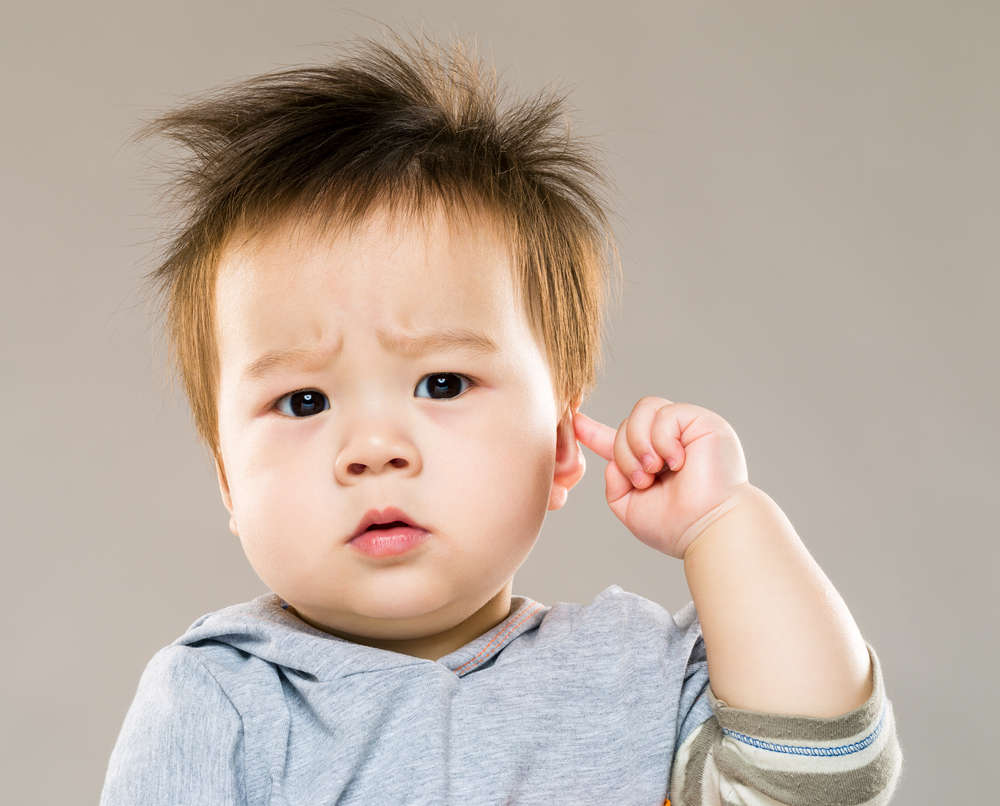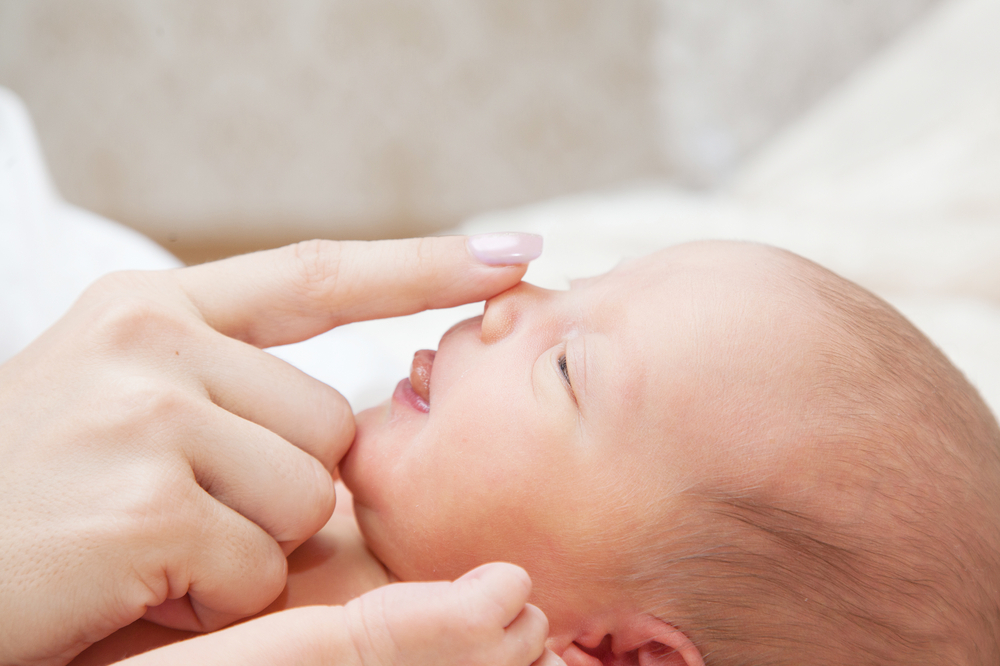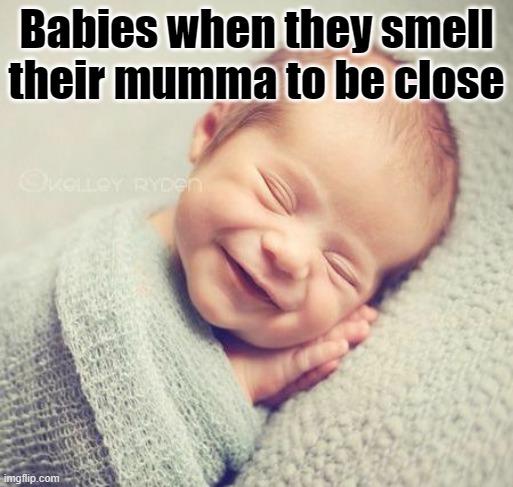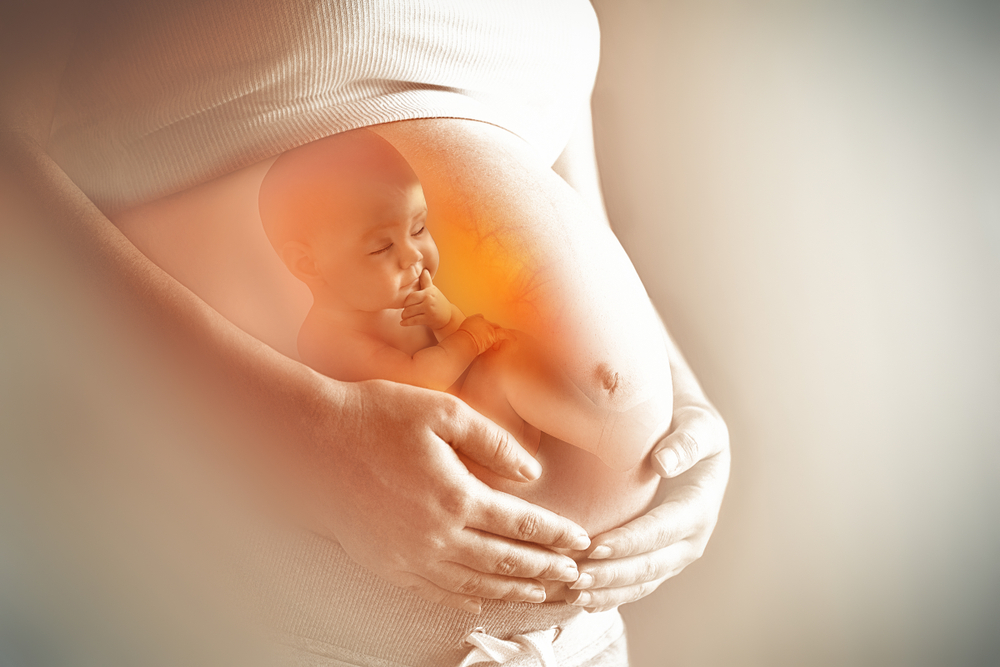Table of Contents (click to expand)
Newborn babies are blank sheets of paper. One must teach them and help them recognize the world, but one thing that they seem to know is the identity of their mother. So, how are babies able to recognize their maternal figure?
Having babies is like having a piece of your heart in your hands. A piece of your heart to look at, to tickle, to feed, and to entertain. A baby is a piece of your heart that was so deeply attached to you for the last nine months, which is where the worry starts to kick in for some mothers… What if this piece of your heart isn’t able to recognize you?
As it turns out, newborn babies are more intelligent than we thought them to be. They may not have any knowledge of the real world, but these new, adorable, tiny humans can recognize their moms.
In fact, other species of the animal world can recognize their mothers as well. Mice and other mammal neonates can identify their mothers using a similar mechanism as human neonates.
A human newborn makes use of its senses to differentiate its mother from other individuals. Fathers out there, don’t worry, your baby will recognize you too, but first, the mom.
Sense Of Hearing
Remarkably, newborn babies have their sense of hearing activated even before they come out into the world. Human fetuses can hear the maternal voice when they’re in the womb itself.
A baby in the womb can hear mum’s voice and can recognize it from the third trimester onwards. About 30 weeks into the gestational period, the mechanisms (sensory and brain) have developed enough to allow this, meaning that babies in the womb can hear and recognize their mom’s voice in the last 10 weeks of the pregnancy.
Remarkably enough, babies can also hear their mother’s heartbeats and rhythmic blood flow.
However, the maternal voice that the fetus hears is low in sound and quite muffled. It hears the maternal voice as it is transferred through the mother’s bones and amniotic fluid.

A study showed that even pre-term babies were able to recognize their mother’s voice. In the research conducted, it was shown that babies who heard their mother’s voice sucked harder and longer on a pacifier. Furthermore, babies who were exposed to unfamiliar female voices did not show any such behavior.
After a baby has come out into world, it naturally starts giving more preference to the maternal voice, due to familiarity. Pre-natal exposure therefore plays an important role in recognition. The baby’s identification improves with continuous exposure to its mom’s voice.
Gradually, the baby becomes experienced enough to even differentiate the voices of its dad and other family members from unfamiliar people.
Also Read: What A Baby Learns While Still In The Womb?
Sense Of Smell
Like the sense of hearing, the sense of smell develops and becomes functional while the baby is in the womb itself, but what is there to smell in the uterus? Amniotic fluid!
An amnion is a bag that surrounds the fetus in the uterus. It is filled with a fluid called amniotic fluid. This is the same fluid that comes out when a woman’s “water breaks”. The baby is safe inside this amniotic bag and the fluid acts as a shock absorber and a source of nutrients for the baby throughout the pregnancy.

The baby inside the womb experiences waves of the amniotic fluid while it sucks its thumb and during swallowing. Manipulating the odor of the amniotic fluid for experiments has shown changes in infant response. They show attraction towards the amniotic fluid odor, clearly pointing towards prenatal learning.
After birth, the baby instinctively turns towards the mother’s breast, as it is an effective source of the amniotic odor. As early as the first day, crying infants are soothed when brought near the mother because of the familiar maternal odor.
Moms normally remain in the closest contact with the baby, while feeding and at other times. Thus, the baby is exposed to the maternal odor the most. It also begins to recognize that this odor is the one providing it with nutrition and comfort. As a result, it develops a preference for the maternal smell.
Infants prefer parts of clothes that were closer to the armpit of their mother, as compared to clothes worn by other mothers. Maternal odor also seems to help the neonate locate the nipple. Research shows how newborns discriminate between maternal odors and odors produced by other unfamiliar, but lactating women.

Bottle-fed babies show a reduced preference for their maternal odor, as compared to breast-fed babies. This implies that maternal odor exposure plays a vital role in developing recognition by the baby.
Sense Of Vision
Even though the sense of vision is not fully developed at the time of birth, babies can surprise you in various ways! For a neonate, its sense of sight is blurred and fuzzy for objects unless they are close enough to focus.
Research has shown that babies tend to process faces more than other objects. Consequently, babies love staring at faces! However, they are not able to recognize them until about 3-6 months of age. Infants at this age are able to recognize and differentiate their mum’s face from others.
Before this age though, infants are unable to differentiate. The ability to recognize obviously increases with exposure to the maternal face.
Also Read: Do Babies Understand Physical Cues From Parents In Their Early Years?
In-utero Sense Of Touch
Research conducted by the University of Dundee, Scotland used 3D real-time sonography to record the fetal response to caressing of the mother’s baby bump. Women in their third trimester were chosen for this research.

The research found that the baby responded to the mother’s touch of her abdominal region more than it did to a stranger’s touch. The baby would, more often than not, reach out to the uterine wall when its mum was caressing her bump.
Conclusion
We might feel that newborns are new to the world with absolutely no knowledge of anything. However, babies are smart enough to make sure that is not the case. They come out into the outer world with an appropriate amount of knowledge to recognize their primary caregiver—their mother—and they gradually learn more about her within just a few months! And while they are learning about you, you can learn about their cuteness here!
How well do you understand the article above!

References (click to expand)
- Sullivan, R., Perry, R., Sloan, A., Kleinhaus, K., & Burtchen, N. (2011, December). Infant Bonding and Attachment to the Caregiver: Insights from Basic and Clinical Science. Clinics in Perinatology. Elsevier BV.
- Chorna, O. D., Slaughter, J. C., Wang, L., Stark, A. R., & Maitre, N. L. (2014, March 1). A Pacifier-Activated Music Player With Mother’s Voice Improves Oral Feeding in Preterm Infants. Pediatrics. American Academy of Pediatrics (AAP).
- While in womb, babies begin learning language from their .... The University of Washington
- Does my baby recognize me? - Yale Baby School. Yale University
- Vaglio, S. (2009, May). Chemical communication and mother-infant recognition. Communicative & Integrative Biology. Informa UK Limited.
- Infants process faces long before they recognize other objects .... Stanford University
- A Mothers Touch May Help To Bond With Unborn Babies : News - app.dundee.ac.uk
- Bushnell, I. W. R. (2001). Mother's face recognition in newborn infants: learning and memory. Infant and Child Development. Wiley.
